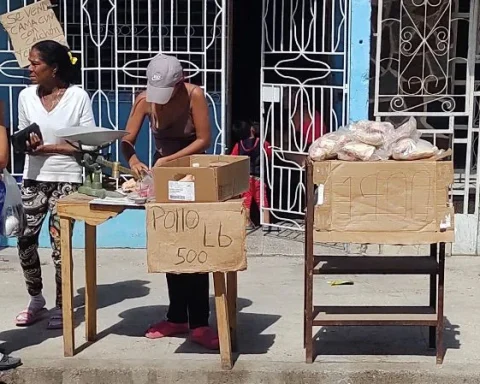The president of the first Latam Cann.Biz, Ingrid Schmidt, spoke this Tuesday about the development of new industries for economic reactivation and job creation, especially in the hemp and medical cannabis industry.
He explained that hemp, beyond the properties it has in the medicinal field, has other properties that are used for industrial development.
Along the same lines, Schmidt revealed that the first Latam Cann.Biz will be held in Panama on September 1, with the participation of more than 45 local and international specialists who will discuss the best practices in the medical, scientific, regulatory and commercial aspects of the industries. of cannabis and hemp.
The differences between both industries and their opportunities will be addressed in a panel with the participation of Ricardo Álvarez, specialist in hemp and sustainability for small and medium-sized businesses and representative of the South Florida Commissioner of Agriculture, “Nikki” Fried. He will be accompanied by Milton Burgos-Bula, from Caribbean Hemp Farms, producer and exporter of hemp.
Among the local exhibitors are Víctor Pérez, President of the Panamanian Association of Exporters (Apex) and Adolfo Linares, former president of the Chamber of Commerce, Industries and Agriculture of Panama and former Minister of Education, who will refer to the Business Models for industrial hemp and its tendencies.
The basis of the difference between the two lies in the amounts of cannabinoids in their chemical composition. From hemp, raw material is obtained from its flower, seeds, leaves and stems to produce superfoods, oils, fibers, bioplastics, biodiesel and more. This is the case of the automotive industry, in which GM recently announced that they are looking to buy 2 million pounds of hemp fiber per month to use in the manufacture of all their new cars.
“The potential that Panama and Latin America have for the cultivation and industrial development of hemp can be reflected in three aspects that would benefit agribusiness: environment, production and food; and economy and employment. Hemp contributes to the absorption of carbon dioxide (CO2) , resistant and sustainable materials, ease and speed of cultivation, market and jobs”, he indicated.










